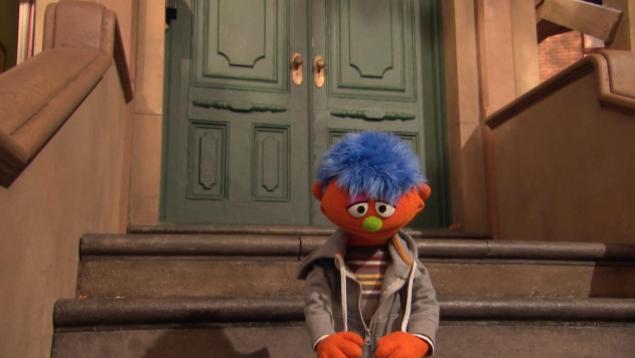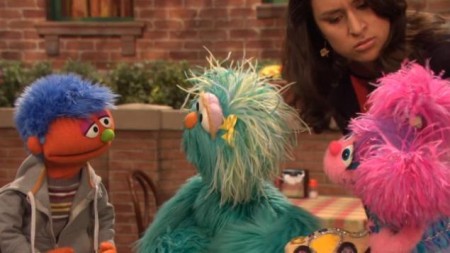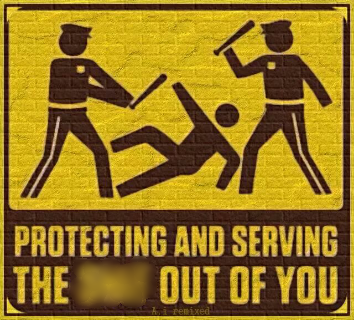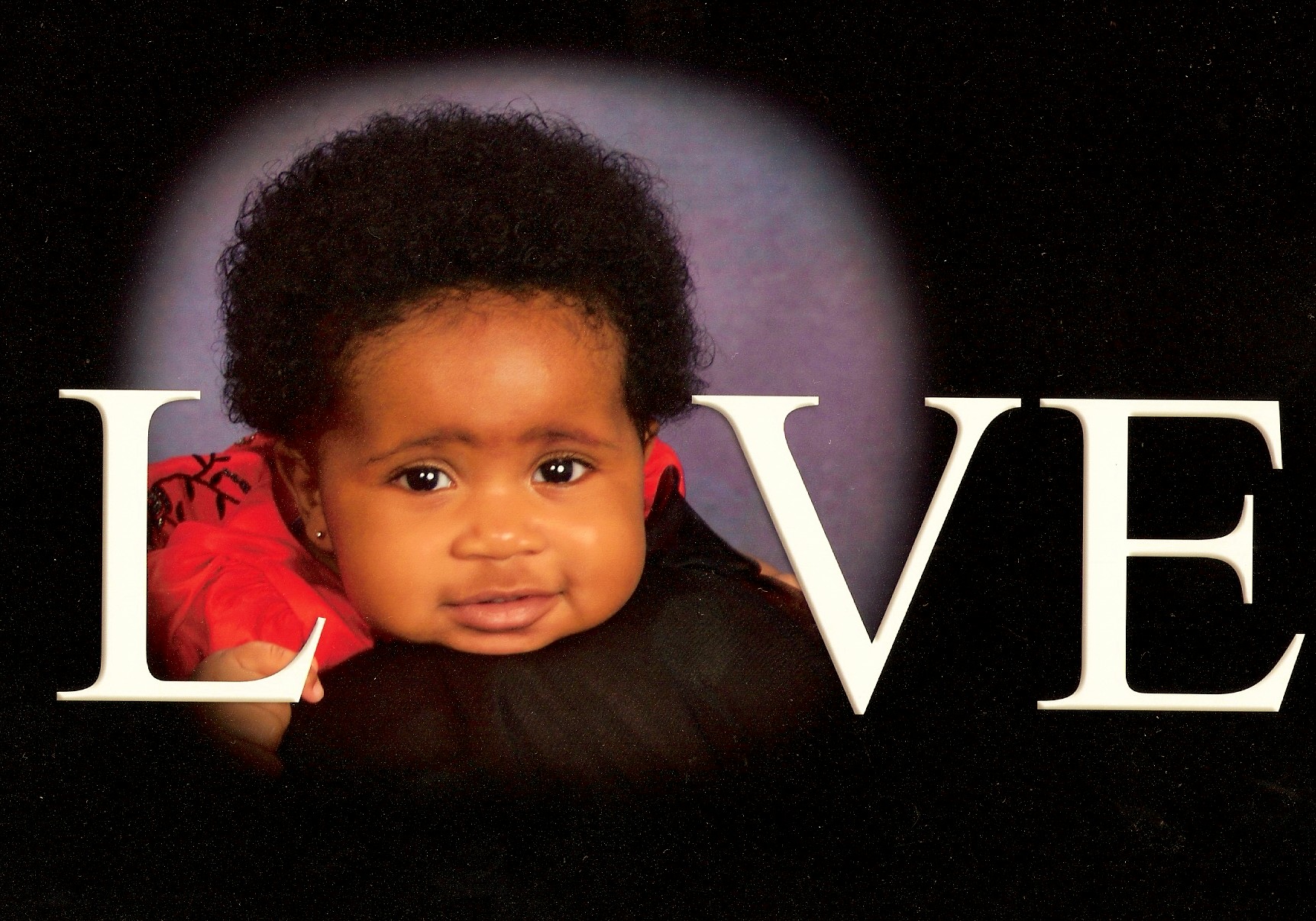Safety, stability and a home that hums along with the fuel of regularity and routines: children need that type of environment in which to thrive and survive and luckily, millions across the country have been afforded just that.
Whether it’s with parents, grandparents or other loving guardians, most of our nation’s children are fed, clothed, sheltered and by adults who live up to their roles and expectations as caretakers and citizens.
But for roughly 2.7 million children, that normalcy simply doesn’t exist. Their homes have rocked and rolled with the dissonant rhythms of abuse, addiction, neglect, mental illness and unfortunately, a mother or father that is now behind bars.
Despite statistics from the Pew Charitable Trusts that 1 in 28 children in the U.S. have an incarcerated parent, stigma and shame have kept their experiences from getting the higher levels of attention they deserve. This is why the popular long-running children’s program Sesame Street has produced an online toolkit featuring a new character named Alex, the first-ever Muppet that a dad in jail.
In four video segments titled “Little Children, Big Challenges: Incarceration,” the solemn blue-haired Alex reluctantly reveals to fellow Muppets Rosita, Abby and their adult human friend, Sofia, that the reason he can’t see his father as often as they see theirs is that his dad is in jail.
Sofia explains to the other two Muppets what the word ‘incarcerated’ means “breaking a law, an adult rule, and going to jail or prison.” She also confesses to the three of them that when she was Alex’s age, her own father was also behind bars and that by talking out feelings with her mom, drawing pictures, writing to Dad and visiting with him as a family helped her to cope with the situation.
When Alex tells them how upset, confused and angry he feels, Sofia assures that all of his feelings are normal, but talking them out can help. “It’s never the kid’s fault,” she says as she gives Alex a hug. “Grown-ups make their own choices and sometimes, they make the wrong choice.” She also expains that kids who tease him about his dad (or worse, say he’ll go to jail just like he did) are “not okay” and that their behavior needs to be reported to a trusted adult.
“We can be like our parents in some ways and not like them in others. You have people who care about you who can help you make good choices.”
Sesame Street has also addressed difficult topics such as divorce, chronic hunger and military deployment, but some parents believe that the beloved TV show doesn’t need to interrupt the pleasant viewing experience of many children just to speak on the concerns of a few.
But simply because that reality is a sorrowful one doesn’t mean that it isn’t relevant to discuss. If a child doesn’t have a parent in prison, they might know of a cousin, classmate or neighbor who does). And when you’re a young child who instinctively knows that what they live with every day isn’t quite ‘normal,’ you can feel abnormal by default as a result.
In today’s information era, parents can’t always shield their children from the world. It’s empowering to know that such a trusted and compassionate source of learning can gently break down the good, bad and ugly aspects of life to young kids.
Even at their young ages, it doesn’t hurt Nia and Layla to understand that kids from other types of households are just as important, just as worthy of friendship and yes, inside where it counts, are as normal as they are, whether their parents are home with them after school or not.





